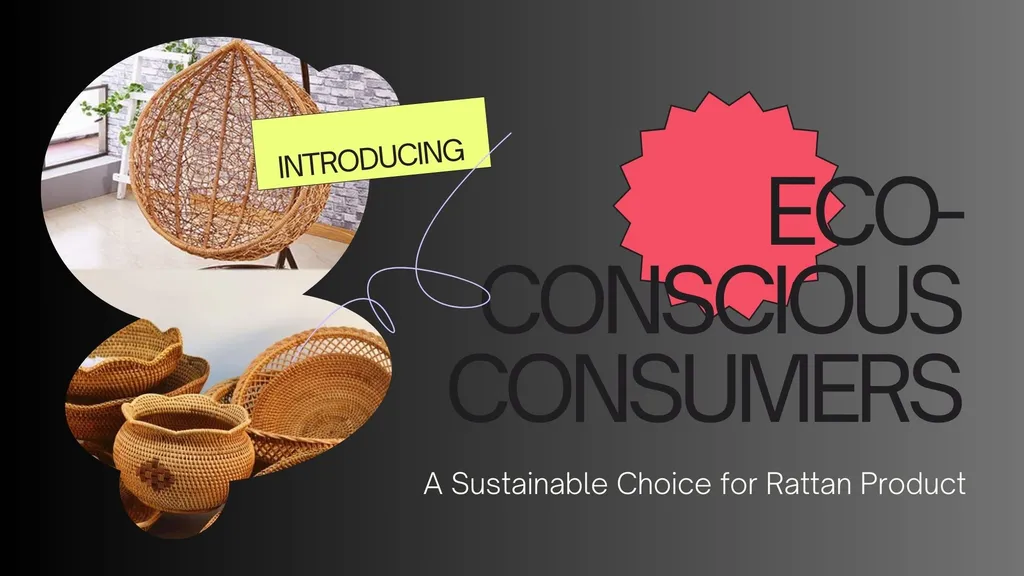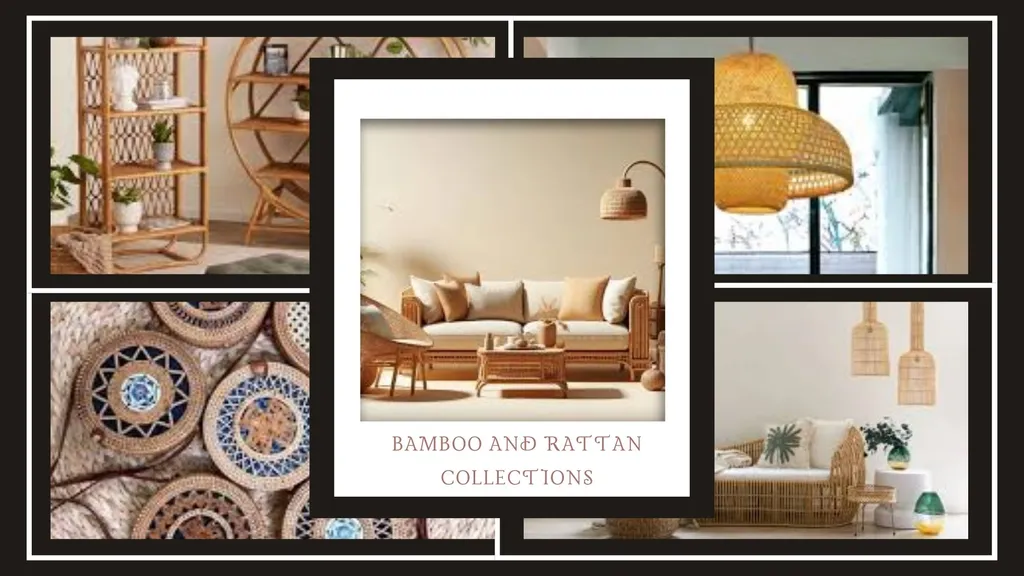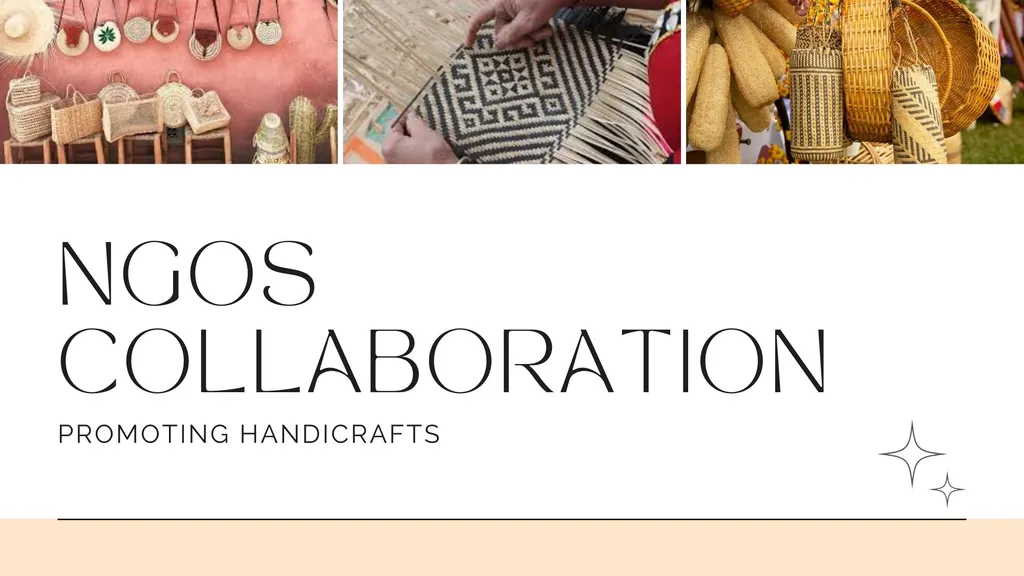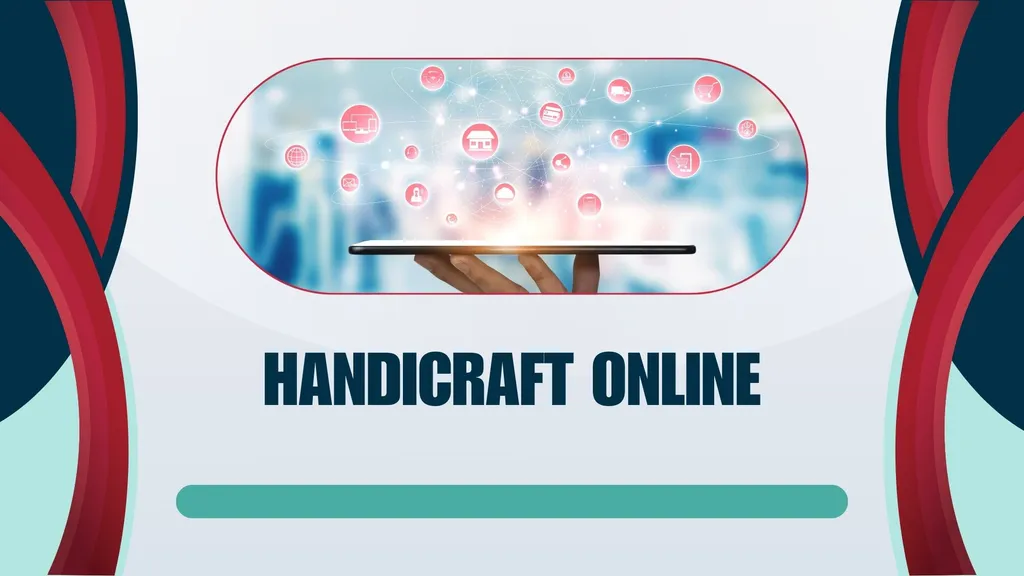Contents

In an environmentally aware world, eco-conscious consumers are reshaping markets by prioritizing sustainability. These savvy shoppers seek products that align with their values, making rattan—a renewable, biodegradable material—an ideal choice for sustainable home goods. Here’s how businesses can effectively market rattan products to this growing audience.
Understanding Eco-conscious Consumers
Eco-conscious consumers are driven by environmental impact, personal health, and social responsibility. While 46% actively seek sustainable products (“Frontrunners”), 24% (“Passives”) support sustainability but face barriers like cost or availability. Younger generations, especially Gen Z and Millennials, lead the charge, with 39% and 42% respectively willing to pay premiums for eco-friendly goods. Transparency, trust, and authentic sustainability claims are key to winning their loyalty.
Why Rattan Appeals to Eco-conscious Buyers
Rattan stands out for its sustainability and versatility:
Renewability: Rattan grows quickly in tropical regions, regenerating without deforestation.
Low Environmental Impact: Biodegradable and hand-harvested, it minimizes carbon emissions compared to plastics.
Durability: High-quality rattan lasts decades, reducing waste.
Aesthetics: Its natural, artisanal look suits diverse design styles, appealing to eco-conscious consumers who value authenticity.
Safety: Unlike plastics, rattan is non-toxic, aligning with health-focused preferences.
Effective Marketing Strategies
To connect with eco-conscious consumers, businesses should craft targeted, transparent, and engaging campaigns:
Highlight Sustainability: Emphasize rattan’s eco-friendly attributes, like “Crafted from renewable rattan, our furniture supports a greener planet.”
Be Transparent: Share sourcing and production details, backed by certifications like FSC, to build trust.
Leverage Storytelling: Narrate rattan’s journey from sustainable forests to artisan-crafted products, fostering emotional connections.
Use Social Proof: Showcase testimonials, influencer endorsements, and data (e.g., 73% of consumers prefer sustainable products) to boost credibility.
Engage Digitally: Use Instagram, Pinterest, and blogs to share educational content, AR visuals, or community-driven stories about sustainable living.
Promote Longevity: Highlight rattan’s durability to justify its value, e.g., “Invest in timeless rattan pieces that last.”
Collaborate: Partner with eco-influencers or conservation groups to amplify reach and authenticity.
Eco-conscious consumers are a powerful force, and rattan’s sustainable qualities make it a perfect fit for their values. By using authentic messaging, social proof, and digital platforms, businesses can build trust and drive demand. Ethical Handicraft Manufacturer (EHM) exemplifies this approach, crafting high-quality rattan products that resonate with environmentally aware buyers, paving the way for a greener future.





